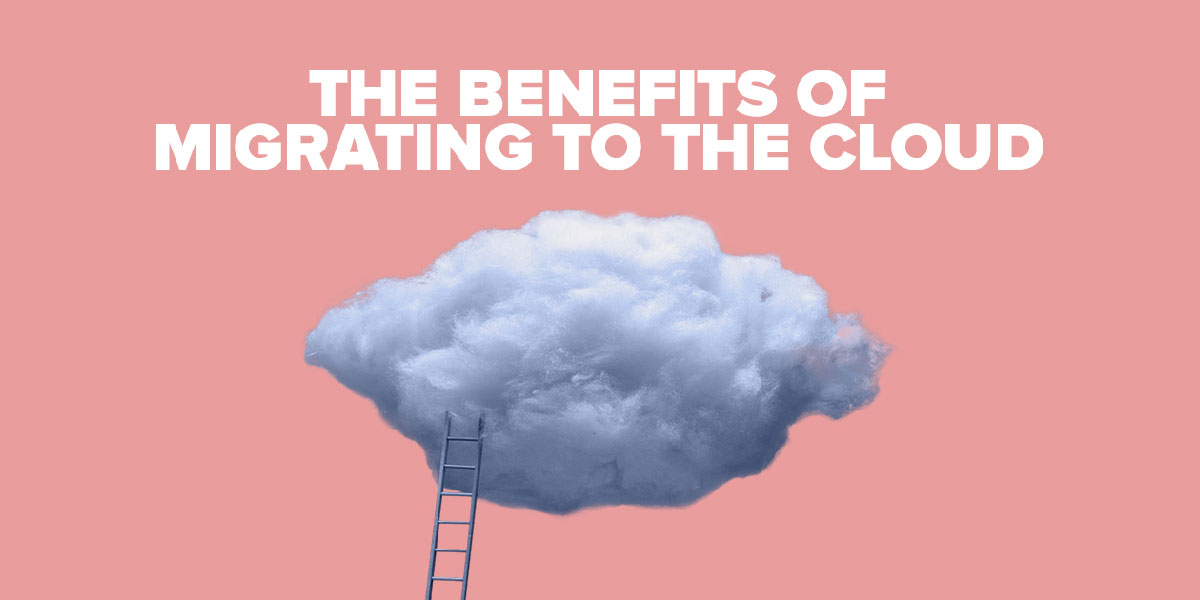-
Business Banking -
Insights
What Are Royalties?
Surviving a zombie apocalypse such as one in a television series just might be easier with a little extra cash in your pocket. That's where royalties come into the picture — especially for the people and companies involved with producing the show.
Simply defined, royalties are payments that one party makes to another party that is the owner of an intellectual property or real property asset. While royalties are common in the television and film industry, they're also an important revenue stream for musicians, authors and business owners.
If an American production company distributes one of their shows to a broadcaster in Germany, the contract will specify all the details of that agreement, including costs and how long the company has the right to show it.
Royalty payments are often part of a contract that includes stipulations such as a minimum distribution fee. Once a company pays that fee, royalties provide a way for the owner to continue benefiting from the success of their product.
Distribution deals can sometimes stipulate that a company will pay an advance to the owner of the TV show or film for the right to exhibit that material. Then, any revenue made above that advance would be considered royalties that get split between the companies according to the agreement.
How Do Royalties Work?
Royalty agreements are established by contract between a company that wants to use a product and the owner of that product. Royalties can be paid to companies that acquire content or products, or paid to the original producer of the content or products.
Companies that produce films or TV shows sometimes sell their rights to another entity, which, depending on the deal structure, can then earn them royalties. They also have the option to distribute their films and shows themselves.
For example, a production company can enter into multiple distribution deals that allow its show to be streamed on specific platforms or shown in movie theaters. These deals specify the specific terms of the agreement, such as which territories and timeframes the show can be aired in. This enables the production company to handoff the distribution of their product to companies that specialize in that work.
Royalties are governed by legal agreements between the producers and users of the product or content, which establish the payment structure, as a fixed fee or a percentage of revenue, and establish the frequency of payments, such as quarterly or annually.
Examples of Royalties
Royalties can be an important source of revenue for those in the entertainment industry who have uneven income streams, but they are also common in other types of business.
For example, royalties are common for inventors who patent their products. When another business wants to use that product, the creators can negotiate a licensing agreement that will generate royalty income for them.
It's also possible that the most recent book you purchased generated a royalty payment. Publishers often pay authors royalties in exchange for the right to publish their works.
Royalties are also prevalent in the franchising industry, where a franchisee might pay a franchisor for the right to operate a business under a specific brand.
Participation Payments & Royalties
Participation payments are another type of compensation that are sometimes confused with royalties. Participation payments are negotiated by talent to share in the success of a property and are not the same as royalties.
During contract negotiations, a big star actor, producer or writer may negotiate participation payments, which are not the same as royalties. Participation payments will be generated if a show or film does well enough to generate extra revenue after all the production and marketing costs are covered.
Business Royalties
Business royalties, such as those involving brands and licensing, are like royalties earned by talent. However, they're often negotiated on a case-by-case basis.
Businesses enter into royalty agreements for their products, including copyrighted material such as software programs and images associated with a brand. So, the owner of a popular children's television franchise will likely have negotiated brand licensing for toys and clothing.
Royalties are paid to creators of brands for the right to use the brand. For example, if a clothing company wants to make pajamas with a character on them or a T-shirt with a well-known logo, they need to sign a royalty agreement with the company who owns that brand image.
The process allows companies to open revenue streams in areas where they don't typically have direct involvement, such as merchandising.
Royalty payments for brand licensing are often tiered according to sales targets, such as 5 cents per item if less than 10,000 units or sold, and 4 cents per item if more than 10,000 units are sold.
Music Royalties
Musicians, performers and songwriters often receive royalties if they have copyrighted their music. When a radio station or a movie or TV show plays the song, or it is streamed online, or performed by a different artist, royalties are generated.
Music royalties can be more complicated to calculate than royalties for a film or a product because sometimes there can be many people working on a single song. It's not always clear who should receive payment.
Performing rights organizations such as ASCAP, BMI and SESAC often manage music royalties for their members because there is so much complexity involved in paying songwriters, performers, distributors and producers.
Recently, big-name artists such as Bob Dylan, Stevie Nicks and Mick Fleetwood have sold their music catalogs to private equity firms. This fairly recent phenomenon is thanks, in part, to royalties. When artists have produced royalty-generating hits, firms look at them as attractive assets.
How To Receive & Track Royalties
Whether you're a creator, inventor, writer, musician, actor or you work on the production side of a business, royalty payments can provide you with a stream of income to pursue new ventures or to smooth your cash flow between projects.
So how exactly are these payments tracked?
As an individual, you can review your original royalty agreement to protect your intellectual property rights. However, the process for tracking royalties for companies can be difficult.
In the past, businesses would track royalties with spreadsheets. However, the scale of modern royalty agreements can make them difficult to manage. Companies have developed software that enables them to step in to help simplify the royalty management process.
Some provide services that help companies benefit from a lower cost of ownership, the knowledge that they are compliant with agreements and the confidence that their data is secure.
This article is for general information and education only. It is provided as a courtesy to the clients and friends of City National Bank and managed affiliates and subsidiaries (City National). City National does not warrant that it is accurate or complete. Opinions expressed and estimates or projections given are those of the authors or persons quoted as of the date of the article with no obligation to update or notify of inaccuracy or change. This article may not be reproduced, distributed or further published by any person without the written consent of City National. Please cite source when quoting.
City National, its managed affiliates and subsidiaries, as a matter of policy, do not give tax, accounting, regulatory, or legal advice, and any information provided should not be construed as such. Rules in the areas of law, tax, and accounting are subject to change and open to varying interpretations. Any strategies discussed in this document were not intended to be used, and cannot be used for the purpose of avoiding any tax penalties that may be imposed. You should consult with your other advisors on the tax, accounting and legal implications of actions you may take based on any strategies or information presented taking into account your own particular circumstances.





